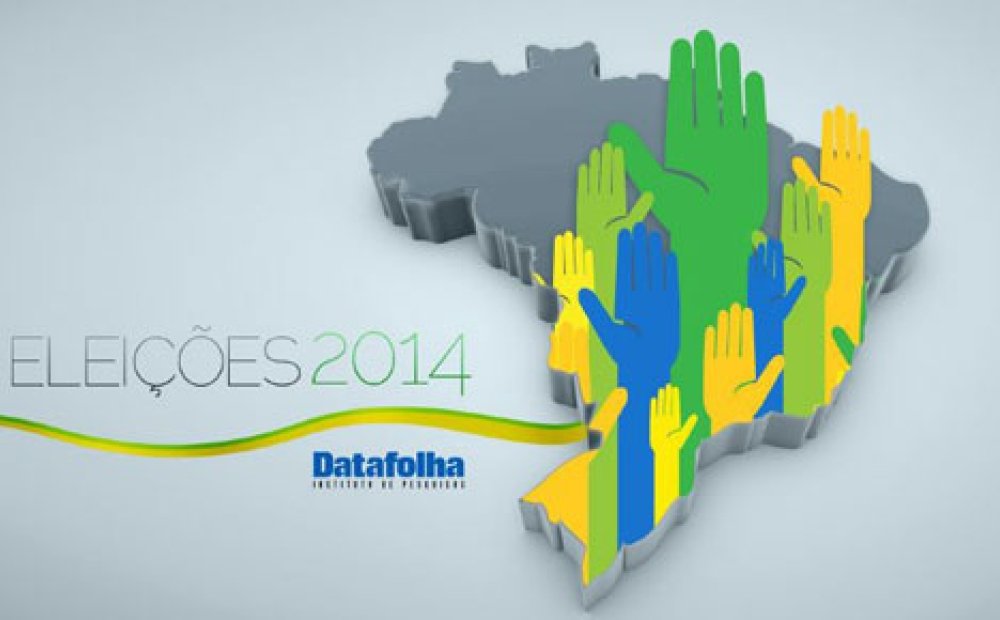The Outlook of Brazil's October Elections by the Country's Leading Pollster

During the Brazil Institute’s event on July 29, 2014, Mauro Paulino and Carlos Eduardo Lins da Silva provided their insight on the upcoming Presidential elections in Brazil. Paulino, through his work with the prominent Brazil-based research institute, Datafolha, revealed past as well as present statistics and predictions to shed light on the development of voter intention in the upcoming October elections.
The general electorate in Brazil is younger and more educated than it was in the past, leading to a higher distrust in political parties. The speakers note that because of this, the current candidates would do well in distancing themselves from the government and its reputation for corruption by offering a new and separate alternative, but it is unknown as to whether or not this will come to fruition.
Paulino points out a Brazilian anomaly in that although television time is generally thought to enhance candidates’ chances of getting elected, this notion is statistically not true in Brazil. This-coming election also holds the largest percentage of people who are currently unsure for whom they would vote or who would not select any of the candidates by submitting a blank vote.
All speakers on the panel agreed that the effects of losing the World Cup will not carry over to the election polls, and as they stated, Brazilians are more concerned about their financial well-being and other social issues than the performance of the Seleção. In fact, one Datafolha study revealed that in rank from most concerning to least concerning issues are health, violence and safety, corruption, education, unemployment and poverty.
To see more statistics outlined by Datafolha, please consult the attached presentation below.
Written by Erica Kliment; edited by Carolina Cardenas.
Speakers

Professor, Insper; Special Advisor, São Paulo Research Foundation (FAPESP)

Hosted By

Brazil Institute
The Brazil Institute—the only country-specific policy institution focused on Brazil in Washington—aims to deepen understanding of Brazil’s complex landscape and strengthen relations between Brazilian and US institutions across all sectors. Read more
